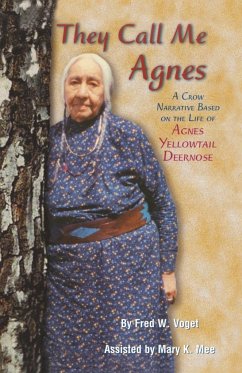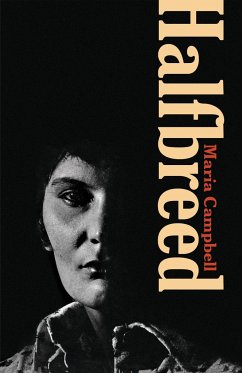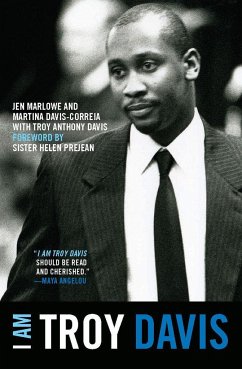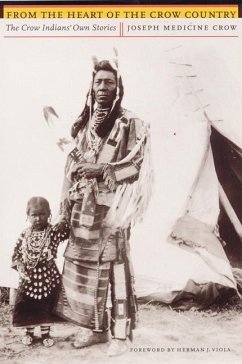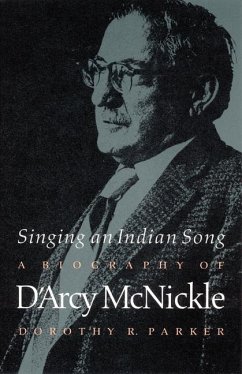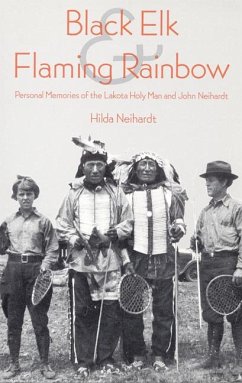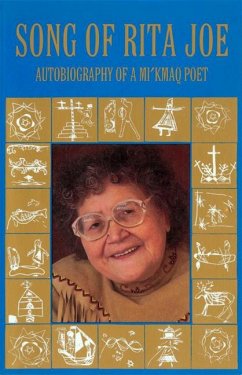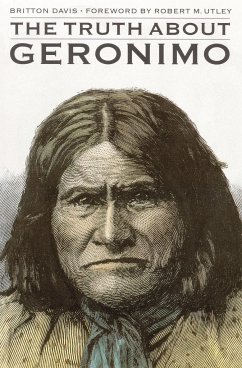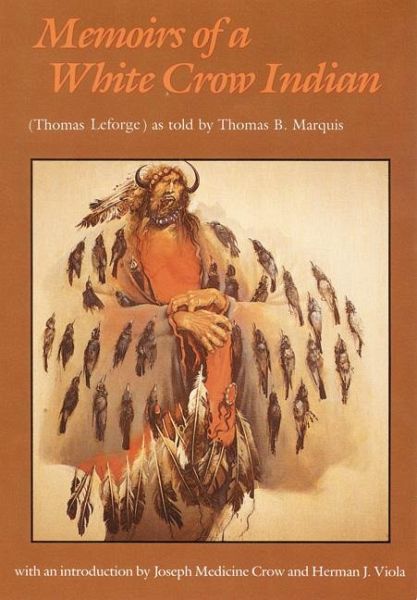
Memoirs of a White Crow Indian
Versandkostenfrei!
Versandfertig in über 4 Wochen
22,99 €
inkl. MwSt.

PAYBACK Punkte
11 °P sammeln!
Thomas H. Leforge was "born an Ohio American" and chose to "die a Crow Indian American." His association with his adopted tribe spanned some of the most eventful years of its history--from the Indian Wars to the reservation period-and as interpreter, agency employee, chief of Crow scouts for the 1876 campaign (he was with Terry at the Little Big Horn), bona fide Crow "wolf," and husband of a Crow woman, he was usually in the midst of the action. His story, first published in 1928, remains a remarkably accurate source of historical and ethnological information on this relatively little known tr...
Thomas H. Leforge was "born an Ohio American" and chose to "die a Crow Indian American." His association with his adopted tribe spanned some of the most eventful years of its history--from the Indian Wars to the reservation period-and as interpreter, agency employee, chief of Crow scouts for the 1876 campaign (he was with Terry at the Little Big Horn), bona fide Crow "wolf," and husband of a Crow woman, he was usually in the midst of the action. His story, first published in 1928, remains a remarkably accurate source of historical and ethnological information on this relatively little known tribe.



